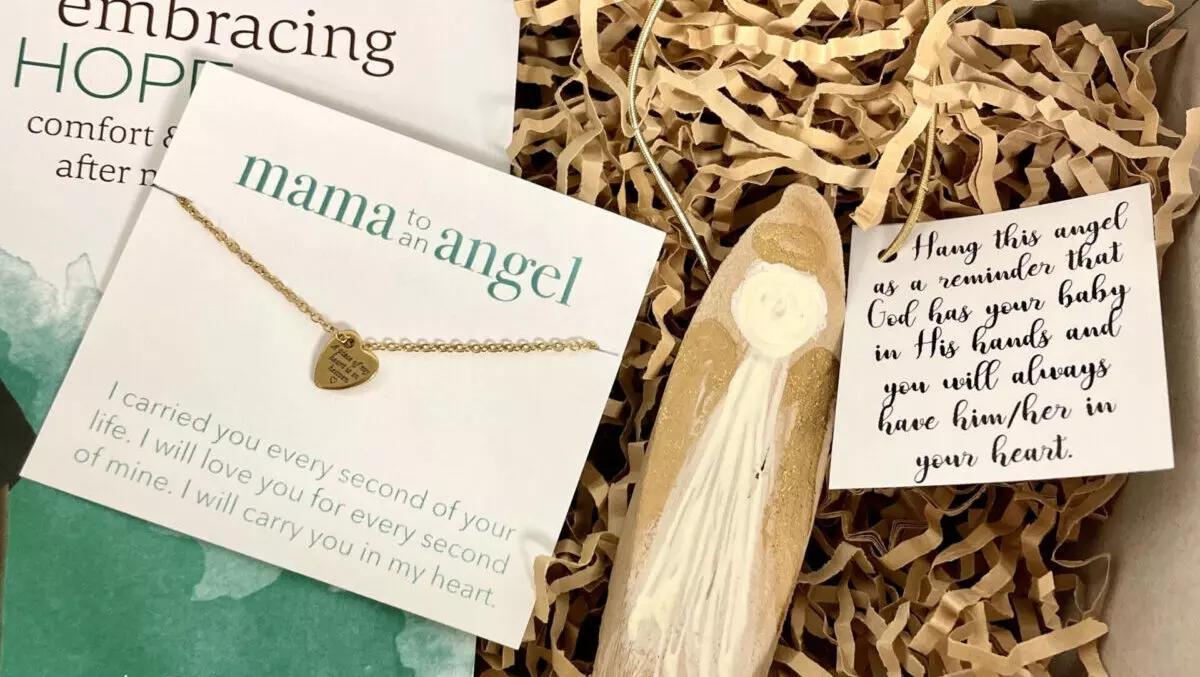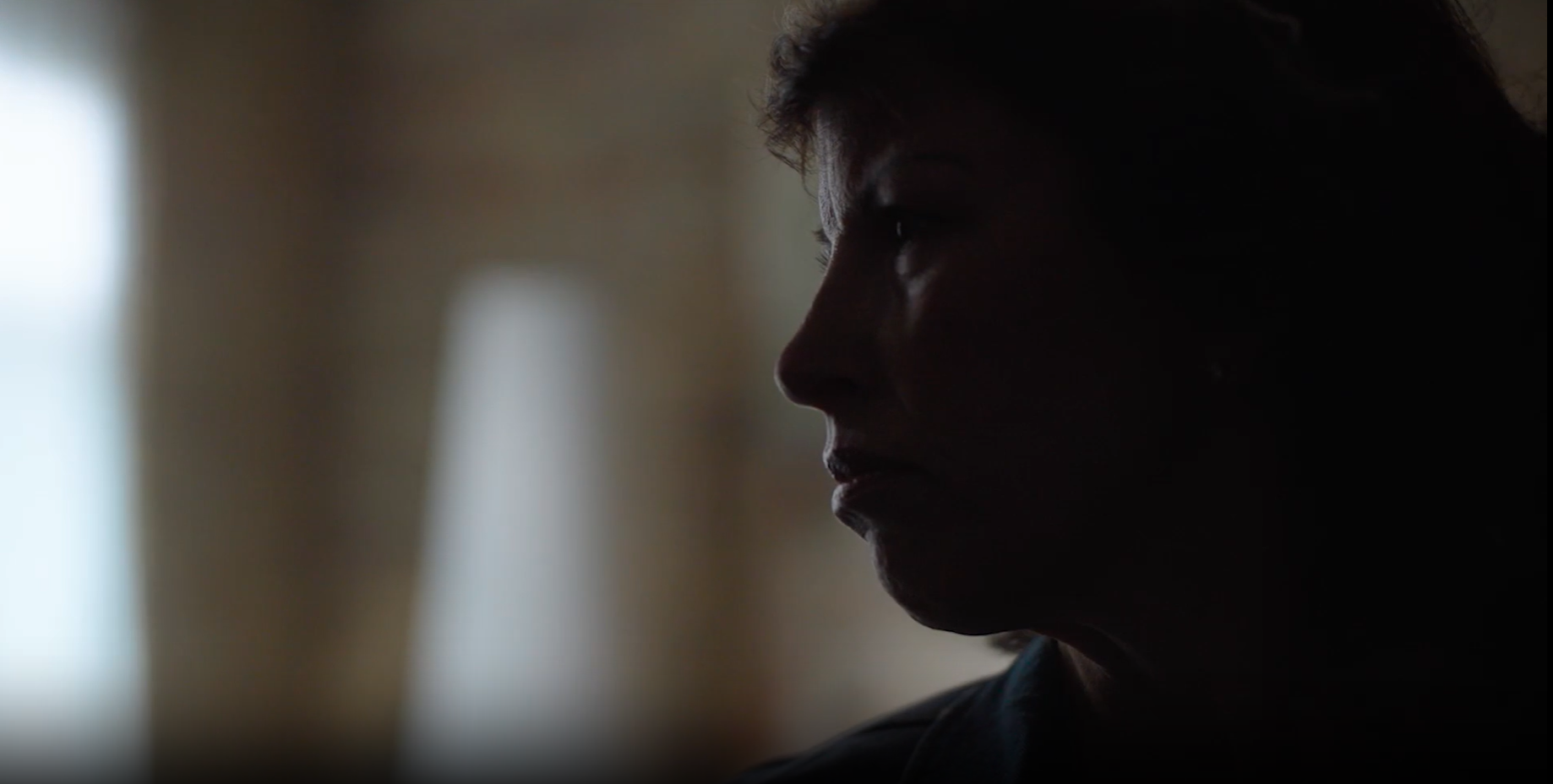(The Alabama Baptist) Madison Gardner said she was shopping for a nice photo box the day she went to a local crafts store. But she felt like she was picking out a casket.
“Back in 2020, my husband and I started trying to have a baby,” Gardner said. “I ended up getting pregnant in November and finding out we lost twins in December, on Christmas Eve.”
She was devastated. A month later, she was sorting through what to do with the keepsakes she had, like the twins’ ultrasound photos. So she ended up in Michaels looking for a box she could keep them in.
‘Tug on my heart’
A month or so later, Gardner started working at the Women’s Resource Center in Mobile.
“I felt a tug on my heart to come up here; I don’t know why,” Gardner said.
After she started working in marketing for the center, she saw a need that many people might not think of — the need for a miscarriage ministry.
[Click here to subscribe to Pregnancy Help News!]
Need for guidance
“I know for me, even from the hospital standpoint, I didn’t receive any kind of guidance or ‘this is what to expect’ or ‘I’m sorry this is happening,’” Gardner said.
She saw that for women who might have initially wrestled with whether to keep their babies, miscarriages brought with them an additional layer of emotional complication and guilt.
“I asked if we could do something for the women who have experienced that loss,” she said.
The center’s CEO, Marty Carrell, agreed. Soon Gardner had started In His Hands, a local support program for women who have experienced a miscarriage.
Women who might have come through the center as clients were welcome, but the program also was open to any woman who had experienced the loss of a baby.
The goal of the group was to help the women know they were not alone, not broken and not less than anyone else, Gardner said. It aimed to help them find hope, encouragement and purpose.
“When you go through that, you want someone who can relate to you,” she said. “Most of the women don’t have anyone in their life who has gone through that. People often don’t know how to help you; they don’t know what to say.”
Gardner said she spends a lot of time talking one on one with the ladies, and the ministry also provides them with a photo storage box like the one she bought for herself. She includes a personal note, as well as a necklace that says, “A piece of my heart is in heaven.”
So far, they’ve given out more than 150 boxes.
Tweet This: Pregnancy help centers are serving to mothers who have miscarried.
Looking ahead
“I want it to continue to grow,” Gardner said. “Our goal has been to eventually partner with hospitals too.”
Wiregrass Hope Pregnancy Center in Dothan is another pregnancy resource center in the state working to meet grieving mothers where they are.
Jean Damren, director of the center’s Anchor ministry, said she cares for mothers who have miscarried, had a stillborn baby or lost an infant, walking alongside them with eight weeks of counseling and Bible study.
The ministry includes a memory kit similar to WRC’s, along with other resources.
Damren agreed with Gardner that the emotions around miscarriages are more complicated for women who have considered abortion.
“Honestly they feel shame and guilt already because they were thinking of having an abortion, and when they miscarry, it brings that out because they think ‘it’s my fault that it happened,’” Damren said.
Through their ministry, they hope to offer biblical encouragement and support.
Editor's note: This article was published by The Alabama Baptist and is reprinted with permission.





